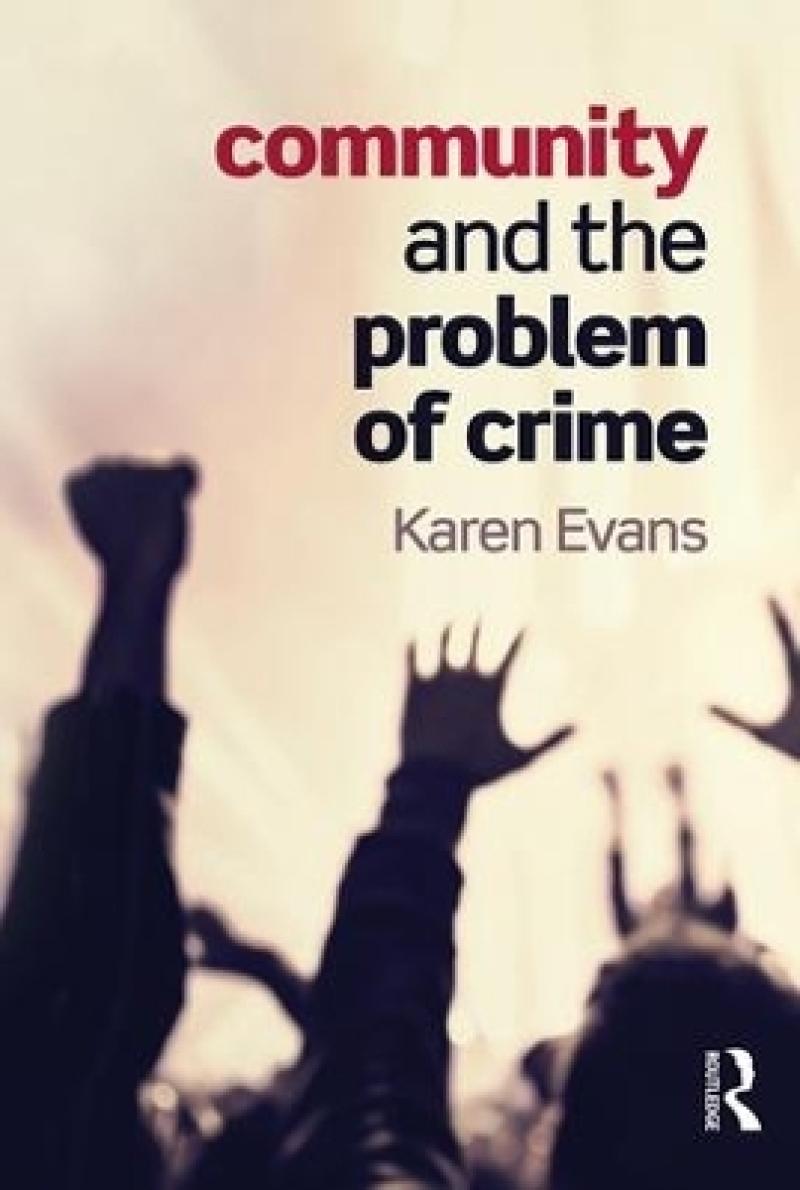Produktdetaljer
Biographical note
Karen Evans is a senior lecturer at the Department of Sociology, Social Policy and Criminology at the University of Liverpool, where she has been employed since 1999. Immediately prior to this lecturing post she was Community Safety Co-ordinator working for the Moss Side and Hulme Partnership in Manchester, UK. With a first degree in Economics and Politics and an employment history, which involved working with the homeless and as a welfare rights advisor, Karen was a somewhat reluctant criminologist. Her research into urban transformations alongside the late Ian Taylor in the early 1990s led her into research into experiences of crime and victimisation in various cities in the Northwest of England, collaborating with Sandra Walklate and others in Liverpool. Karen's work since that time has focused, although not exclusively, around communities in excluded neighbourhoods and their responses to marginalisation and deprivation. She has taught the module Community and the Problem of Crime in Liverpool for the last ten years.
